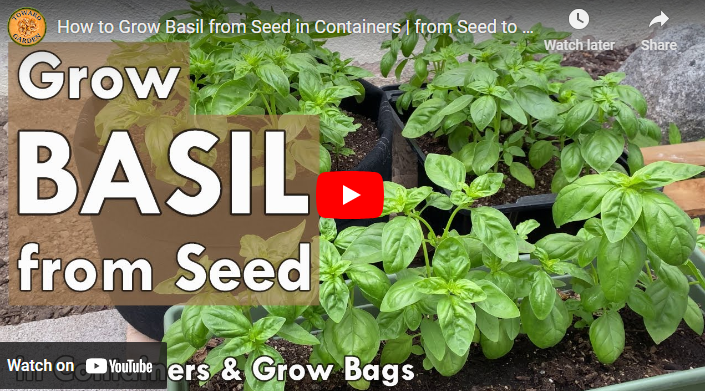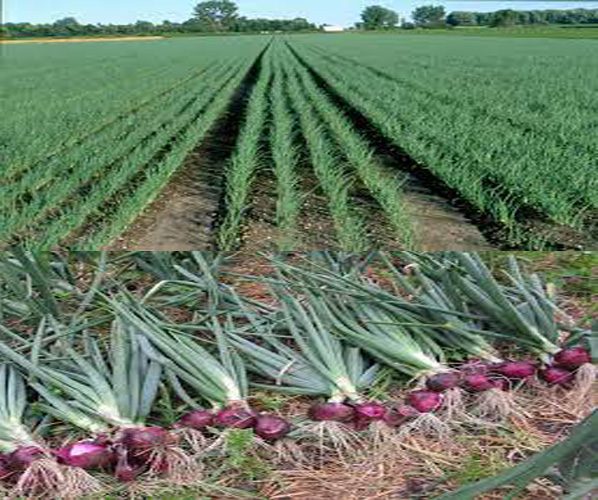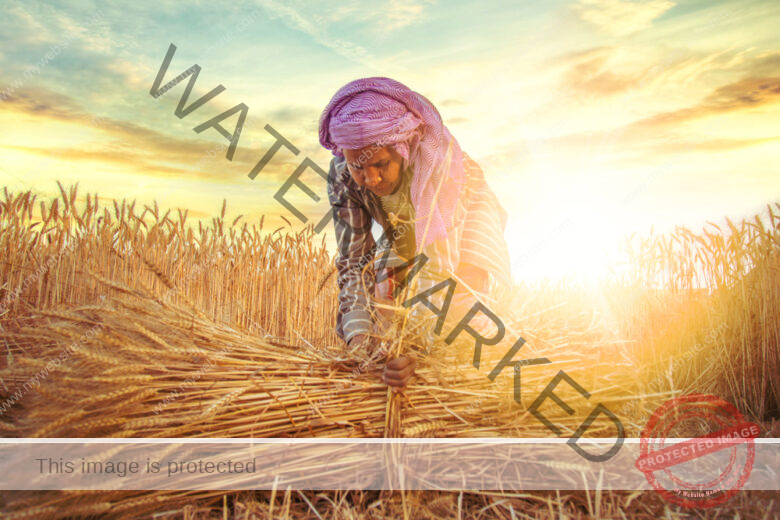Growing your own basil in Singapore can be a rewarding experience. Not only does it provide you with a fresh and aromatic herb for culinary delights, but it also adds beauty to your garden or balcony. Whether you’re a seasoned gardener or a beginner, this step-by-step guide will help you successfully grow basil in Singapore’s unique climate.
Basil is a popular herb known for its distinctive flavor and culinary uses. It belongs to the mint family and is native to tropical regions. In Singapore’s warm and humid climate, basil thrives and can be grown year-round. By following these steps, you’ll be able to cultivate healthy basil plants and enjoy the fruits of your labor.
To grow basil in Singapore, choose a sunny location or provide partial shade and plant the seeds or seedlings in well-draining soil. Water regularly, keeping the soil evenly moist, and harvest the leaves as needed once the plant reaches a mature size, usually within 8-12 weeks.
Growing basil in Singapore offers several advantages. Firstly, it allows you to have a constant supply of fresh basil leaves for cooking, making it a cost-effective option compared to buying them regularly.
Also, homegrown basil is free from pesticides and other chemicals, ensuring a healthier and tastier herb. Lastly, cultivating basil can be a therapeutic and enjoyable hobby that connects you with nature.
How to Grow Basil in Singapore: Step-by-Step Guide
Choosing the Right Basil Varieties
There are various basil varieties available, each with its own unique characteristics and flavors. When selecting basil for Singapore’s climate, it’s essential to choose heat-tolerant varieties such as Sweet Basil, Thai Basil, or Holy Basil. These varieties are more suited to the warm weather and can withstand the high humidity levels.
Selecting the Ideal Growing Spot
Basil thrives in a sunny location with at least six hours of direct sunlight. Find a spot in your garden or balcony that receives ample sunlight throughout the day. Ensure there is proper air circulation to prevent fungal diseases. If you don’t have an outdoor space, you can grow basil indoors near a window with good sunlight exposure.
Soil Preparation
Preparing the soil is crucial for the successful growth of basil. The soil should be well-draining, loose, and rich in organic matter. Before planting, amend the soil with compost or well-rotted manure to improve its fertility and drainage. Ensure the pH level of the soil is slightly acidic to neutral, around 6.0 to 7.0.
Planting Basil Seeds or Seedlings
You can start growing basil from seeds or purchase seedlings from a local nursery. If starting from seeds, sow them directly in the prepared soil. Cover the seeds lightly with soil and keep the soil moist. If using seedlings, gently transplant them into the soil, ensuring they are at the same depth as they were in their previous containers.
Watering and Fertilizing
Basil requires regular watering to keep the soil consistently moist. However, avoid overwatering, as it can lead to root rot. Water the plants at the base, keeping the leaves dry. Applying a balanced organic fertilizer every four to six weeks will help promote healthy growth and enhance flavor.
Pruning and Harvesting
Regular pruning is essential for basil plants to encourage bushy growth and prevent them from flowering too early. Pinch off the top pair of leaves when the plant reaches around six inches in height. Harvest the leaves when they are vibrant green and full of aroma. Avoid cutting more than one-third of the plant at once, allowing it to continue growing.
Pest Control and Disease Prevention
Basil is generally a resilient herb but can be prone to certain pests and diseases. Aphids, whiteflies, and slugs are common pests that can affect basil plants. To control pests, regularly inspect the leaves and remove any affected ones. Use organic pest control methods such as neem oil or insecticidal soap if necessary. Proper air circulation and avoiding overwatering can prevent fungal diseases.
Tips for Growing Basil in Singapore
Mulch the soil around the basil plants to retain moisture and suppress weed growth.
Provide support to tall basil varieties using stakes or trellises to prevent them from bending or breaking.
Rotate the location of basil plants every year to prevent soil-borne diseases.
Keep an eye out for signs of nutrient deficiencies and adjust the fertilization accordingly.
Regularly harvest basil leaves to promote continuous growth and prevent the plant from going to seed.
Can basil be grown indoors in Singapore?
Yes, basil can be successfully grown indoors in Singapore near a sunny window.
How long does it take for basil seeds to germinate?
Basil seeds usually germinate within 5 to 10 days under optimal conditions.
What are some common uses for basil in cooking?
Basil is a versatile herb used in various dishes, including pasta sauces, salads, pesto, and Thai cuisine.
Can I freeze basil for later use?
Yes, you can freeze basil leaves by blanching them briefly and storing them in an airtight container or freezer bag.
How often should I fertilize my basil plants?
Fertilize basil plants every four to six weeks with a balanced organic fertilizer.
Conclusion
Growing basil in Singapore is a fulfilling and accessible endeavor. With the right basil varieties, ideal growing conditions, and proper care, you can enjoy a continuous supply of fresh and flavorful basil leaves. Whether you have a garden or a small balcony, cultivating basil can be a rewarding experience that enhances your culinary adventures.




